Guinea
Private press organizations in Guinea were divided on Sunday over a call for a dead day for Monday, launched after a series of restrictive measures taken by the ruling junta.
The Union of Press Professionals of Guinea (SPPG) indicated on social networks on Sunday that it was calling for a “day without press” on Monday. He says the profession is “threatened with extinction”. Television screens and news sites will display the message “press in danger” and radios will remain silent, he said.
Various press associations, however, called on Sunday to suspend actions such as the dead days, the principle of which they had supported over the past week, indicates a press release published by the GuineaNews site.
They say they are “immediately” starting discussions with the authorities and want to “give every chance for dialogue” with them.
The High Authority for Communication (HAC), watchdog of the sector, on Saturday, asked the supplier Canal+ to withdraw from its offer until further notice Espace FM, Espace TV, Evasion FM and Evasion TV, very popular radio and television channels, indicates an official letter from the HAC consulted by AFP.
These media were inaccessible on Canal+ on Sunday, reported an AFP correspondent.
The authorities had already taken similar measures on December 6 against Djoma radio and television. Each time, the HAC letter cites reasons of “national security”, without further clarification.
In a message reproduced by the online press, the government spokesperson assured Saturday that the measures were "in no way intended to muzzle the press, but rather represent an immediate response to practices such as the apology of communal hatred, the accentuation of social and political tensions, and the propagation of divisive discourse.
These measures are the latest taken against the media. Previous ones had already sparked protests from the press and civil society.
In October, security forces arrested a dozen journalists and dispersed their demonstration using tear gas to unblock the Guinea Matin news site, which was also widely followed. Prosecutions were initiated against them.
The FIM FM radio waves were jammed.
Last Wednesday, in a press release, the SPPG and various press associations declared “enemies of the press” several figures from the military-dominated government which took power by force in September 2021.
Among these personalities are the Prime Minister, Bernard Goumou, and the government spokesperson and Minister of Telecommunications, Ousmane Gaoual Diallo.



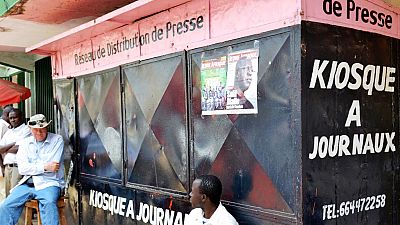

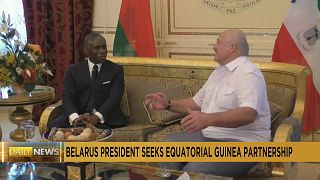
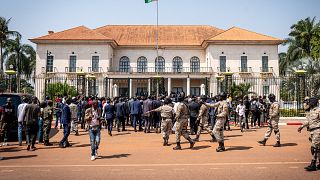
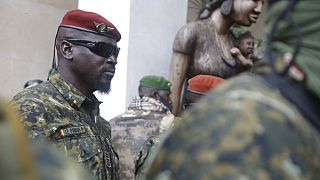
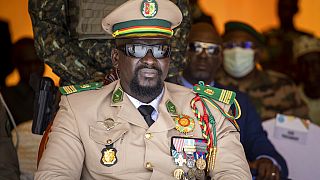
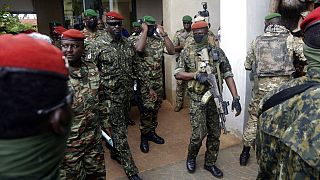
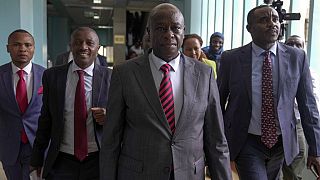
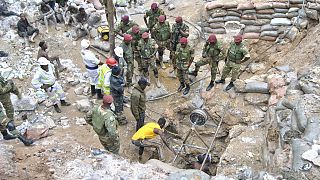
Go to video
Burkina: Civilians needlessly exposed to danger, according to HRW
00:59
Mali's Junta Chief elevates himself to top Army rank
Go to video
Burkina Faso: Military Junta suspends Voice of America
Go to video
Mali, Niger, Burkina investigate a French journalist over jihadi analysis
Go to video
Morocco releases imprisoned journalists after pardons from King Mohamed VI
01:06
Uganda protests: at least 42 charged in Kampala court